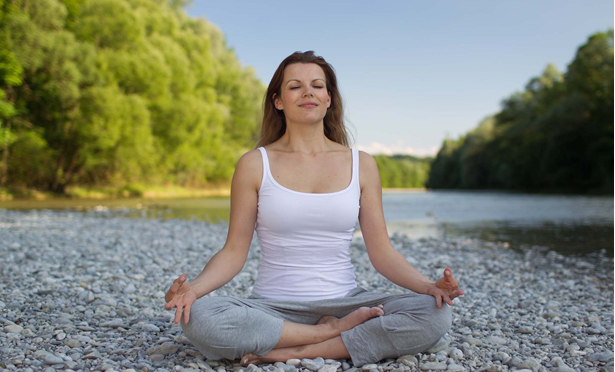Mindfulness is a practice that involves paying attention to the present moment, without judgment. It involves acknowledging and accepting our thoughts, feelings, and sensations in a non-reactive way. This can help us to become more self-aware and better able to manage our emotions and reactions to stress. In this article, we’ll explore the benefits of mindfulness and provide tips for incorporating it into your daily life. By making a conscious effort to be present and aware, you can improve your overall well-being and quality of life. So, how can one become more mindful?
There are many benefits to mindfulness, including reduced stress and anxiety, improved focus and concentration, and increased self-awareness. It can also help to improve overall well-being and quality of life.
If you’re interested in incorporating mindfulness into your daily life, here are a few tips to get started:
Practice mindfulness meditation
This involves sitting or lying down comfortably and focusing your attention on your breath, or on a mantra or phrase. You can try setting aside a few minutes each day to practice mindfulness meditation, or try using an app or guided meditation to help you get started.
Live a healthier life
Incorporating healthy habits into your daily routine can also support your mindfulness practice and improve your overall well-being. This can include making healthy choices around your diet, such as eating a balanced and varied diet and limiting your intake of processed and sugary foods.
Regular physical activity can also be beneficial for both your physical and mental health. Aim to incorporate a mix of cardiovascular exercise, strength training, and flexibility work into your weekly routine.

Getting enough sleep is also important for both your physical and mental health. Aim for 7-9 hours of sleep each night and establish a consistent sleep routine.
By taking care of your physical health, you can support your mindfulness practice and overall well-being.
Engage in mindful activities
You can try incorporating mindfulness into activities you already do, such as eating, walking, or exercising. For example, you can focus on the sensations of each bite of food as you eat, or the sensations of your feet hitting the ground as you walk.
Take breaks to be present
Make a conscious effort to take breaks throughout the day to focus on the present moment. This could be as simple as taking a few deep breaths or pausing to appreciate your surroundings.
Disconnect
Disconnecting from technology is an important aspect of mindfulness and can help us be more present and focused in our daily lives. With the constant notifications and demands of our smartphones and other devices, it can be easy to get caught up in a cycle of constant multitasking and distraction.
By taking a break from technology and spending time with family and friends, we can better engage with the present moment and strengthen our relationships. This can be as simple as setting aside specific times each day to disconnect from your devices and engage in activities that allow you to be present, such as cooking a meal together or playing a board game.

It can also help us get a better night’s sleep and improve our overall well-being. By making a conscious effort to disconnect from technology, we can cultivate mindfulness and live a more present and fulfilling life.
Mind your breath
Paying attention to your breath is one of the simplest and most effective ways to practice mindfulness. When you focus your attention on the sensation of your breath as it moves in and out of your body, it can help bring your mind into the present moment and calm your nervous system.
To practice mindfulness through your breath, find a comfortable seated position and close your eyes. Bring your attention to the sensation of the breath as it moves in and out of your body. Notice the rise and fall of your chest or the sensation of air moving through your nostrils. If your mind wanders, gently bring your attention back to your breath.
You can also try counting your breaths or silently repeating a mantra to yourself, such as “in” on the inhale and “out” on the exhale. As you continue to focus on your breath, you may notice your mind and body beginning to relax. With practice, paying attention to your breath can become a powerful tool for managing stress and promoting mindfulness in your daily life.
Set reminders to be mindful
Use your phone or computer to set reminders throughout the day to pause and be present. You could also try using an app or setting a daily meditation practice to help you stay on track.

Remember, mindfulness is a skill that takes time and practice to develop. Don’t be discouraged if you have difficulty at first – just keep trying and you will get better with time.
